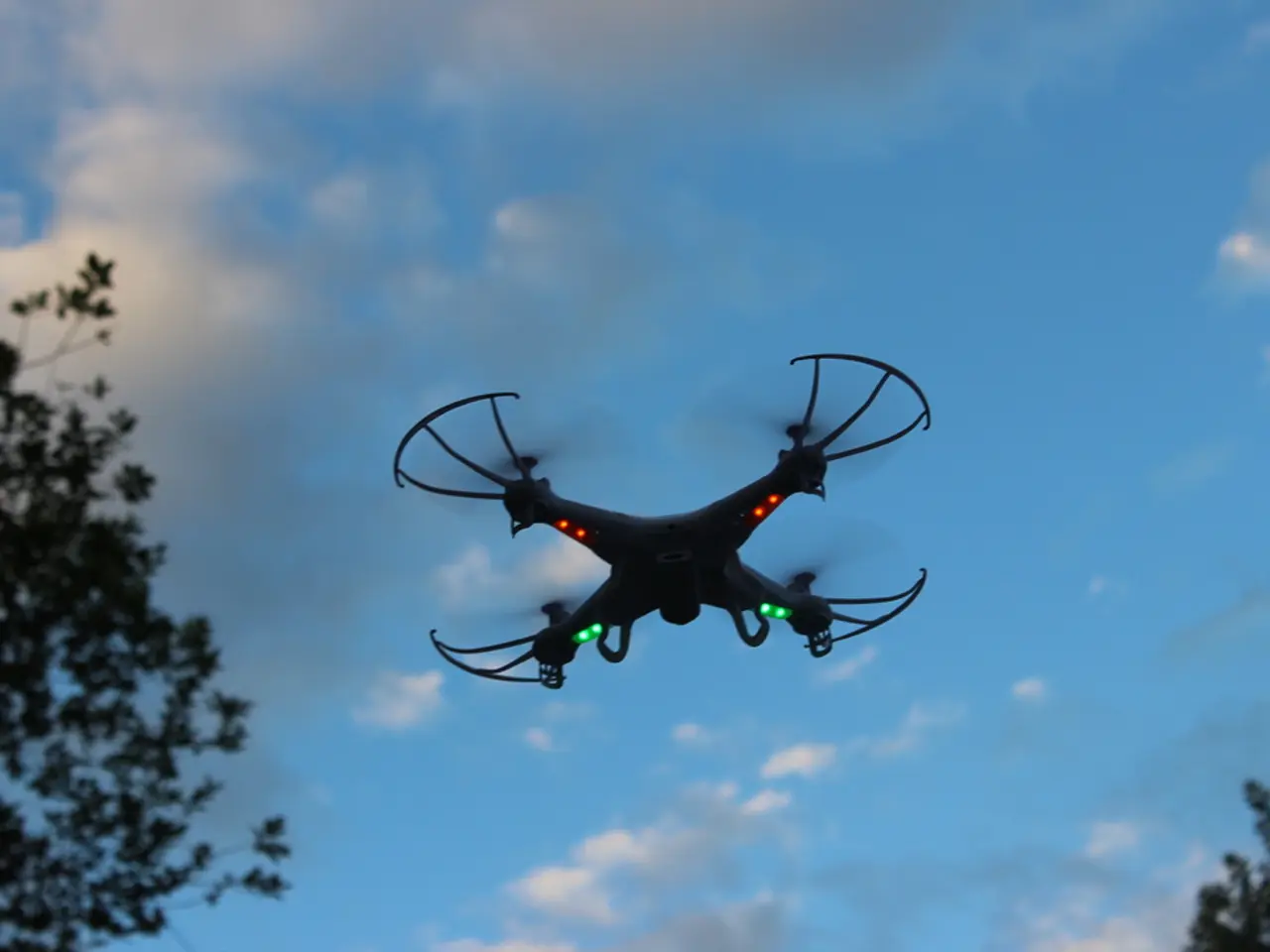Exploring Drone Vacations: Legalities and Complexities Across Regions
Flying a drone on vacation can be an exciting way to capture memorable moments, but it's crucial to be aware of the local regulations to avoid any unwanted complications. Here's a rundown of the drone rules in some popular travel destinations across Europe and beyond.
In Turkey, drones under 500 grams don't require registration, but flights must be arranged through diplomatic channels at least 20 days in advance. The drone flights can only take place in the company of a licensed Turkish drone pilot, making spontaneous vacation flights impractical.
Spain imposes strict regulations on drone use, especially in urban areas. Beaches and coastal sections are often considered urban environments, so obtaining express permission from the Ministry of the Interior is necessary before flying a drone.
Greece also has its share of restrictions. Permission from the aviation authority is often required for drone flights, and the distance from airports can pose problems. Fixed no-fly zones apply around airports, and the Greek islands host numerous small airports, which can create conflicts with drone flights.
Portugal requires permission for flights if a drone is equipped with a camera, regardless of the location—mainland or islands like Madeira or the Azores.
France requires a separate registration of the aircraft for certain drones with radio equipment or a weight of 800 grams or more.
Italy has fewer restrictions and offers much freedom for drone use, apart from general safety rules and distances from flight sites or military installations.
In the EU, drone pilots must be registered in their home country, with the e-ID (UAS operator number) being valid throughout the EU. However, outside the EU, such as in Egypt, Tunisia, or Morocco, there are often complete flight bans for private drones.
Egypt, in particular, has very strict prohibitions on the private use and import of drones, often leading to significant restrictions. Morocco generally bans both the import and operation of drones, and Tunisia's specific regulations were not detailed but given regional context, strict rules or prohibitions may also apply.
Crowds, such as those on beaches, are considered no-fly zones for drones under EU law. Respecting privacy is also essential when using a drone, so avoiding crowded beaches in the afternoon is advisable.
Lastly, it's worth noting that airline regulations apply to the transport of drone batteries, and they should be carried in carry-on luggage. It's always advisable to check local rules in advance, even for short flights, as they can change at short notice.
In conclusion, drone enthusiasts should always research the local regulations before embarking on a vacation to ensure a smooth and enjoyable experience.
Read also:
- Peptide YY (PYY): Exploring its Role in Appetite Suppression, Intestinal Health, and Cognitive Links
- Toddler Health: Rotavirus Signs, Origins, and Potential Complications
- Digestive issues and heart discomfort: Root causes and associated health conditions
- House Infernos: Deadly Hazards Surpassing the Flames







